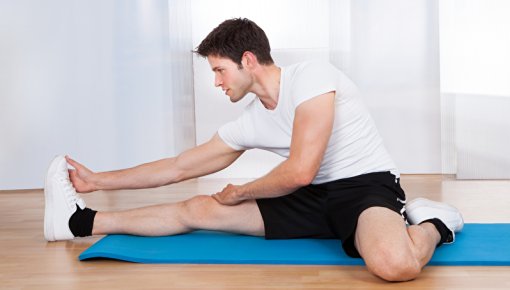Can exercise prevent recurrent low back pain from coming back?

Regular exercise can help to prevent back pain. It is important to keep it up over the long term, though. Various strategies can make it easier to do this.
Pain in the lower back (the lumbar and sacral regions of the spine) is very common: Up to 80 % of all people have this kind of pain at some point. Low back pain normally gets better on its own within a few days or weeks. Because it's usually not clear what's causing the pain, it's referred to as "non-specific back pain." This kind of pain is rarely caused by something serious. But it might keep coming back again.
It is often said that the best way to prevent back pain is "more exercise." An international group of researchers wanted to find out whether this claim is true. They did a search for studies looking at whether strengthening exercises, endurance training and aerobic exercise helped to prevent non-specific low back pain. The researchers summarized the results of 21 good-quality studies involving more than 30,000 participants.
In most of the studies, the exercises were led by a physiotherapist. The studies looked at various types of exercise programs. The programs included things like exercises to strengthen and stabilize the core muscles, as well as exercises to stretch the muscles in the calves, hips and thighs. In some of the programs the participants had two 60-minute exercise sessions per week, and in others they did the exercises for 5 minutes every day.
